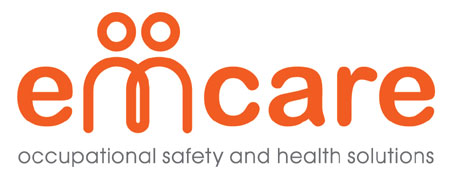New Dengue Vaccination
Dengue is a viral disease spread by mosquitoes found primarily in Asia, Africa, Central and South America, and the Caribbean. It isn’t limited to those areas, though, and has appeared in Europe and other parts of the world.
Dengue doesn’t occur naturally in the UK, but the number of reported cases worldwide has been increasing.1 So UK travelers to other countries should check if dengue is a risk in their destination on the TravelHealthPro website’s individual Country Information pages (in the “Other Risks” section).
Many cases of dengue are asymptomatic. If symptoms do occur, they will do so after an incubation period that may last up to 10 days. They include high fever, headache, muscle and joint pain, nausea, vomiting, and a rash. A more severe form—dengue hemorrhagic fever—may develop. Symptoms of this potentially fatal disease include severe abdominal pain, persistent vomiting, rapid breathing, bleeding gums or nose, and fatigue or restlessness. Note that there is an increased risk of severe dengue with the second dengue infection.2
To prevent dengue, travelers should avoid mosquito bites, particularly at dawn and dusk. A vaccine—Dengvaxia®—is available in some endemic countries to be administered to the local population, but it is not available in the UK. However, a new vaccine—Qdenga—has been licensed in the UK.
Qdenga® vaccine guidance has now been issued by the Travel Sub-Committee of the Joint Committee on Vaccination and Immunisation (JCVI), which is an expert scientific advisory committee that advises UK Government on vaccination and immunisation matters. This body now recommends the Qdenga vaccine can be offered to “individuals aged 4 years of age and older with confirmed dengue infection in the past who are:
- planning to travel to areas where there is a risk of dengue infection or areas with an ongoing outbreak of dengue or
- are exposed to dengue virus through their work, for example, laboratory staff working with the virus”3
Note that only individuals who have been confirmed to have had dengue in the past should have the Qdenga® vaccine in the UK. This warning is because of the risk of severe dengue if a person with no previous dengue infection is vaccinated and then is later infected with two of the four dengue subtypes—DENV3 or DENV4. The vaccine is also contraindicated in:
- Pregnant women
- Breastfeeding women
- Immunocompromised individuals
- Those with hypersensitivity to any component of the vaccine
- Children under 4 years of age4
Sources
- World Health Organization, Dengue: WHO Health Emergency Appeal 2024, 15 January 2024, https://www.who.int/publications/m/item/dengue-who-health-emergency-appeal-2024
- World Health Organization, Dengue and Severe Dengue, 17 March 2023, https://www.who.int/news-room/fact-sheets/detail/dengue-and-severe-dengue
- TravelHealthPro, Qdenga Dengue Vaccine Guidance, 21 March 2024, https://travelhealthpro.org.uk/news/763/qdenga-dengue-vaccine-guidance
- Ibid.
See also TravelHealthPro, Dengue, https://travelhealthpro.org.uk/factsheet/13/dengue



